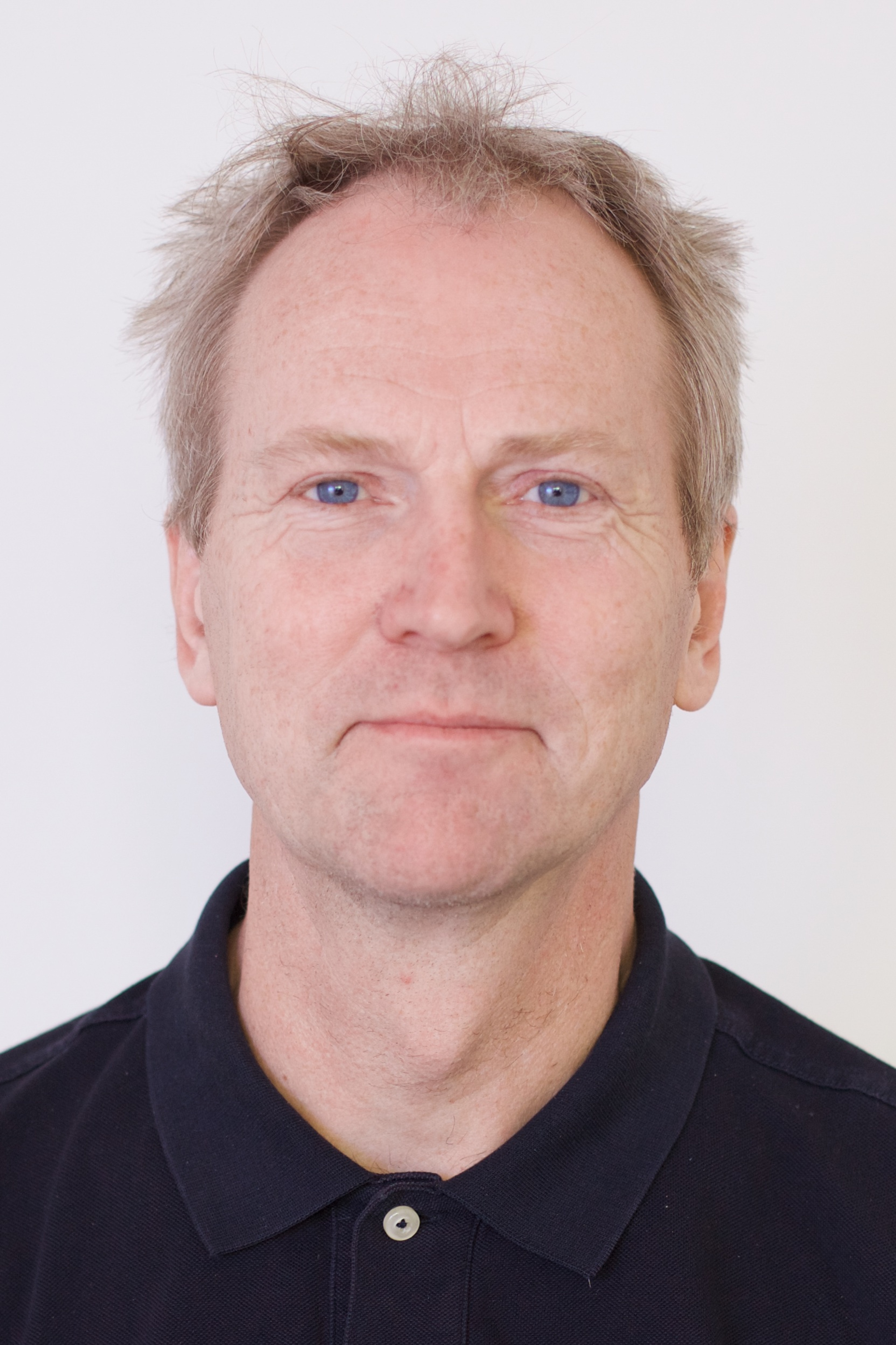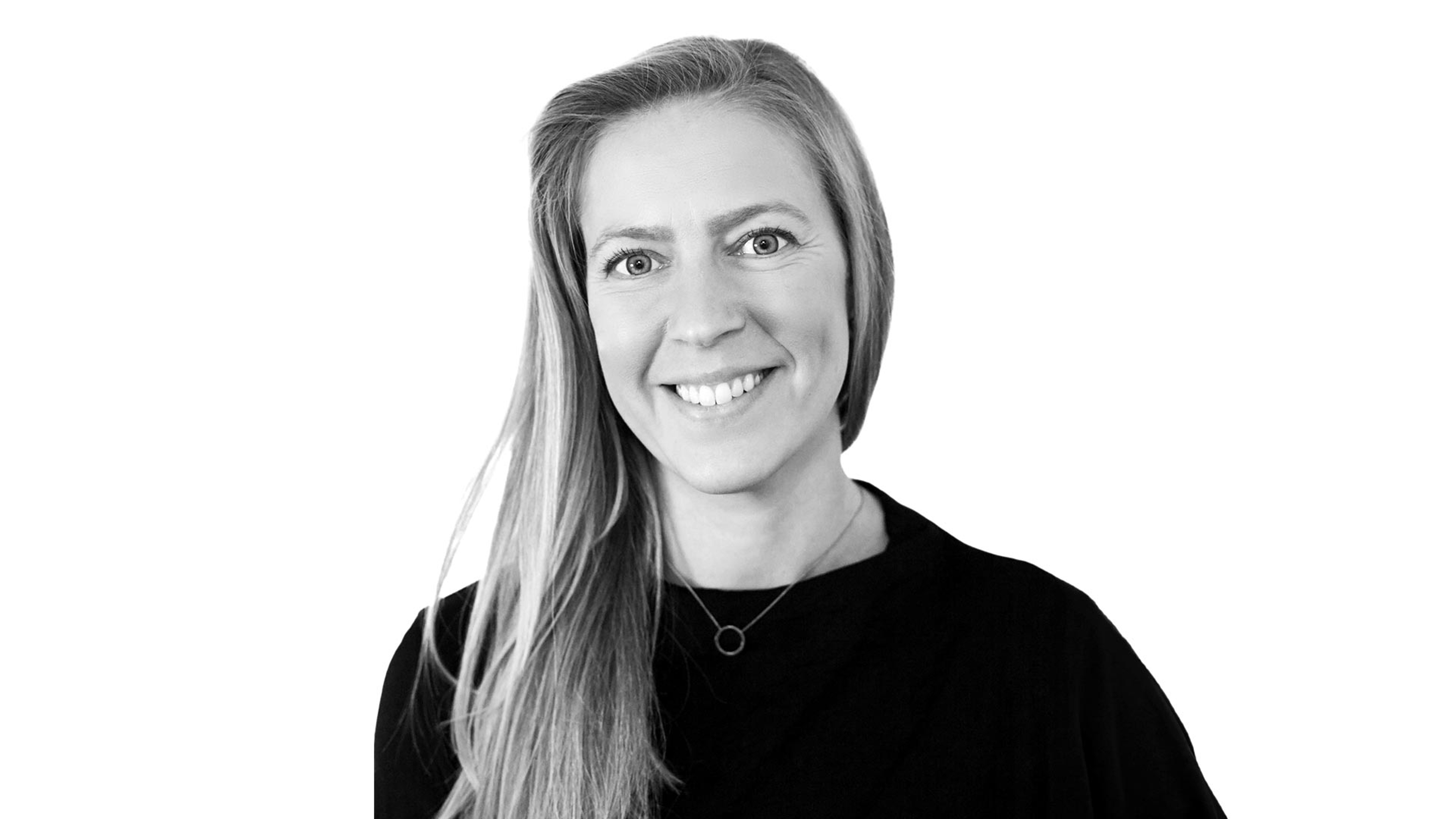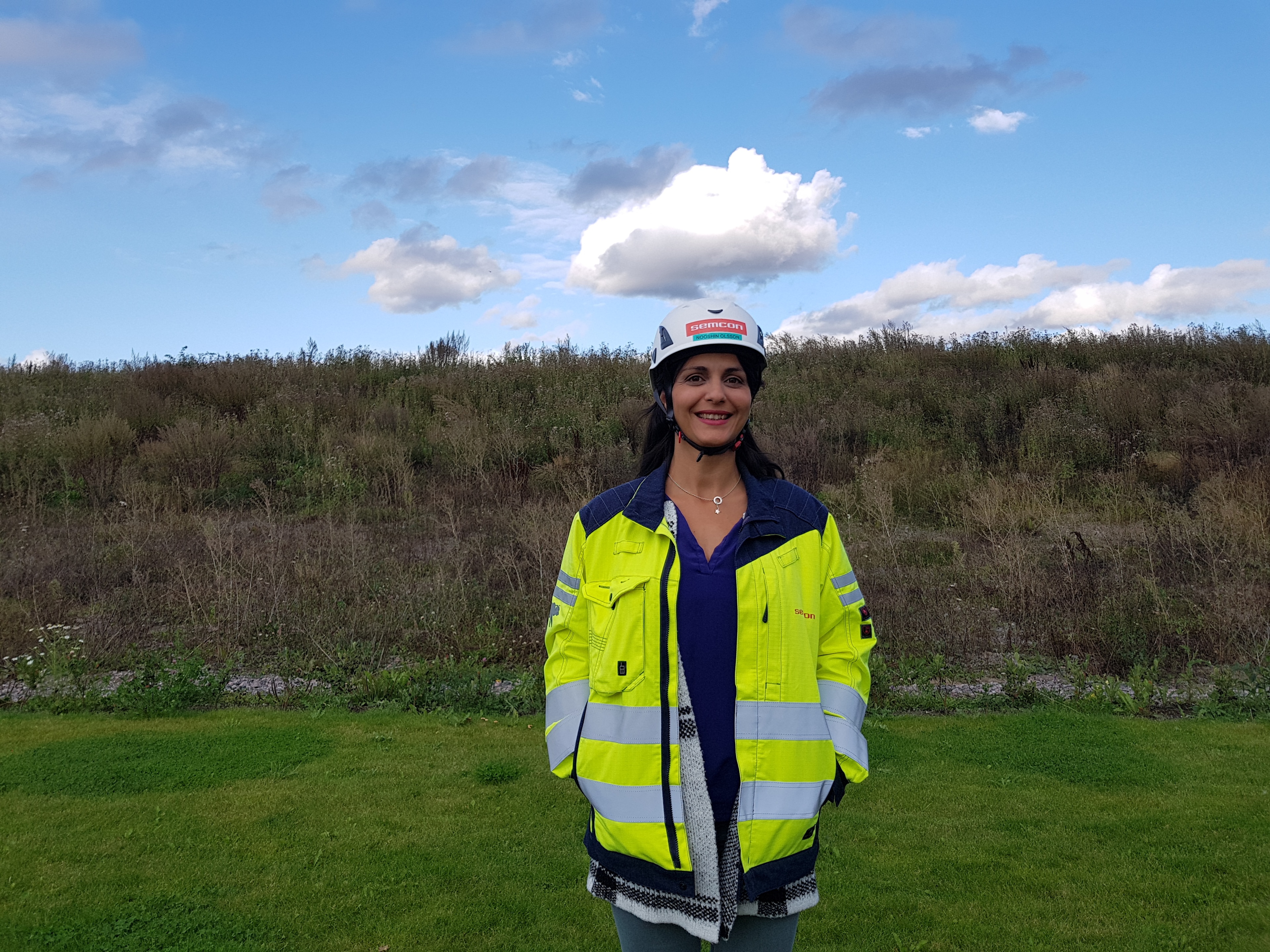Semcon StoriesLife Science
The road to becoming a senior quality engineer in the field of Life Science
Things haven’t always been entirely straightforward for Henrik Rosencrantz as he’s made the transition from studying technology at upper secondary level to becoming a quality engineer in the field of Life Science. Find out more about Henrik’s view of his role as a senior consultant in his Semcon Story.

I usually tell people I took the long way round, and that’s not really something you can do any more. From studying technology at upper secondary level, via military service to working in the packaging industry and then making the switch to the pharmaceutical industry in 1989 and doing production work, to project management, to becoming a validation manager. I took the long way round when I was getting to where I am today. I’ve worked in the pharmaceutical and medtech industry for more than 30 years in total, and seven of those years I’ve spent as a consultant at Semcon. I now work as a quality engineer at a research and pharmaceutical company in Uppsala.
Investigating non-conformances sounds fairly dry. So I prefer to say I work on improvements. As a quality engineer, I provide training and information to staff, work within precious Q processes like deviation handling, change control and CAPA, I manage high- and low level governing documentation and I hold material responsibility for devices, excipients and APIs for research and human use. When people ask me about the latter, I normally tell them I “work in the storage”, but more specifically I’m responsible for both GMP materials and technical materials, which primarily involves coordinating purchases, sampling, analysis, evaluation of incoming materials to be released by QA. The company I’m working at now isn’t that huge, so I always have to stay on my toes and be open to various types of tasks – this is known as multiflexibility. I think having several different tasks to do is a very inspiring and challenging thing, because it makes every day different. Moreover, gaining more of an insight into and understanding a company and the roles as a whole is an advantage.
I’ve worked in the pharmaceutical industry for a long time and tried out several different roles, and now I feel perfectly at home with what I do. Feeling secure when working with and in European and American regulations, making decisions and driving the team forward is a great feeling. But that ability to operate over a broad area and hold a variety of responsibilities, being multi, doesn’t come naturally to me, it’s something that’s developed over time. Moreover, as a consultant it’s important for me to be able to provide new perspectives and contribute energy and knowledge to projects or organisations. A fresh pair of eyes is simply what’s needed at times. One great part of my present role is that I’ve been given a mandate to stand responsible for a pool of students from KTH Royal Institute of Technology and Uppsala University for internal GMP manufacture.
As a senior consultant, I feel I have a responsibility. A responsibility to take a step forward when skills are demanded, but I think it’s every bit as important to take a step back in order to make way for the younger generation. I try to contribute knowledge so that others can contribute perspectives and questioning. “That’s how we’ve always done it” simply isn’t a good enough answer when we’re asked about our procedures. Those of us in the industry always drive quality work forwards, and that’s why it’s extremely valuable to have a mix of people of various ages and from various backgrounds. There has to be 100 % compliance with current regulations, and this can be done in different ways that suit the respective companies. The QA networks are extremely important to us in the pharmaceutical industry in order to identify the right quality levels in what we do.
Networks are important for other reasons as well. My friends and colleagues were actually the reason why I started working at Semcon. Working here was really hyped up, and a gang of us made the switch to Semcon at about the same time. Consultancy was something we’d found attractive for a while, and when a number of my acquaintances entered the field, I joined them. In the seven years I’ve been a consultant, I’ve been able to try out different roles and even return to companies where I’d completed contracts. Being able to return is something I think is a real feather in our caps, showing that Semcon has done something good for its client.
About Henrik
Title: Quality engineer
Education: Engineering at upper secondary level
Worked at Semcon since: 2013
I have most fun at work when I…: create flow together with a team. When you identify consensus, create progress and work in a focused way on a shared target.

